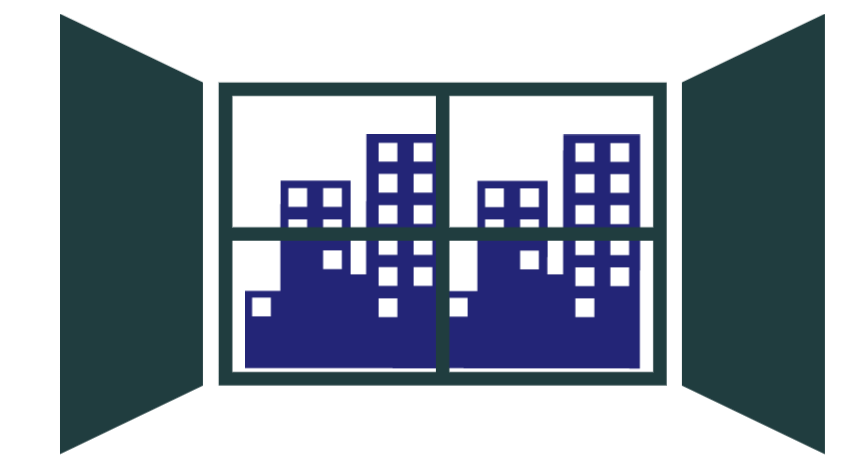I am a twenty eight year old, White, American woman living in Rio de Janeiro, Flamengo. I live here with my wife who is a white Brazilian woman, we both have postgraduate degrees and we are working at a podcast production company in Rio. I used to take public transport like the bus or subway frequently, sometimes biking, but I have not attended work in person since March. The few times we have gone out, it is in an Uber with the windows down. My wife and I have health conditions that make us predisposed to the virus so we have been very isolated since the beginning. We have not been able to travel, not even to the states to see any of my family members, or even to São Paulo to visit my in laws. I have only met with a handful of friends outdoors. I live near a large park (Aterro de Flamengo) which has been nice, as it’s remained open.
Masks were federally mandated in July but it is unevenly enforced/followed. In upper-middle class neighborhoods like ours, 85% of people on the street are wearing their masks normally. Rio’s city government has begun to ease up restrictions despite a high ICU occupation. Movie theatres and restaurants have opened back up with requirements and space and hygiene regulations. The federal government finally issued stipends of R$600 monthly or low-income individuals in April, but was reduced to R$300 in September; this was mandated after a lot of pressure put on the government. “Free testing is theoretically available at public health clinics, but can prove near impossible to obtain. Private tests cost upwards of R$300 ($55.94) and can be obtained easily by those who can pay – there are a few clinics that provide this and other blood tests within a few blocks of our building.” I believe traveling to the states will mot be as casual as it has been after this, much of the travel I did for work will be reworked in response. “From Carnaval block parties to soccer stadiums, “human contact on a mass scale is a tremendous part of Rio’s identity – and casual interpersonal warmth is a great part of Brazil’s. Having those interactions suddenly become dangerous is a terrible blow to the city’s culture and to its cultural and tourist industries. The biggest challenges facing the city and the nation prior to the pandemic stem from socioeconomic and racial inequality, and COVID has only made them more urgent.”

Recent Comments